Teaching Effectiveness and Inspiration
November 29, 2017
“No Child Left Behind” was a federal act, created by George Bush, to push education and to ensure that minority groups don’t get left behind in school and have equal opportunities in their career. The act rated schools and monitored student performance by standardized testing alone. The act held schools accountable for how well students performed in class, however, if a school performed poorly, then they would get penalized by either getting fewer government funds or be enrolled in program improvement. “No Child Left Behind” received a lot of criticism and controversy because it didn’t achieve its goals for student proficiency, and it caused the government to give less funding to needful schools.
In addition, the act created several legal issues since it only rated a school based off of tests results instead of focusing on the various factors that determine what makes a school’s teaching effective or ineffective.When students took the standardized tests, educators mainly focused on their test scores and if they were proficient in a subject, rather than their growth throughout the year. Many educators felt that students scored below basic because of the amount of time that the government expected children to improve into the proficient level was unrealistic. The act also intimidated teachers and administrators that the government mainly focused on standardized testing and certain material that has to be covered in one year rather than focusing on a student’s growth in learning.
Every Student Succeeds Act was an act created by Barack Obama, replacing the No Child Left Behind Act, to ensure success for all students by providing many different solutions for knowledge inadequacy. For example, it advanced equity for students with disabilities, required teachers to have high standards so students would be prepared for their future, and made it so schools would take action for positively changing low-performing schools. Schools could also submit plans with specific goals and needs so they could gain support from the Department of Education. Unlike “No Child Left Behind”, Obama’s “Every Student Succeeds” Act mainly focuses on standardized mastery levels rather than annual standardized tests.
Since there has been a shift in the common core and students are being tested with Smarter Balance, teachers have to prepare their kids for a different kind of exam. Again, it intimidates teachers since they feel like they have to teach a certain amount of material so their kids won’t feel overwhelmed the next year, but they may not teach their lessons with depth as they would only be able to cover main ideas to fit in all of the material. Ms. Dunlap explained that “administrators want their teachers to cover the broad curriculum, but at the same time they want them to have some autonomy to individualize their instruction and be creative and engaging and not feel like they’re dictating what they need to cover.” Dunlap would like to see a “growth and improvement model of students instead of their test results.”
When schools hire teachers, they look for individuals who would be effective teachers in the classroom and whether they may potentially become an inspiring role model for their students. In addition, school districts try to find teachers who are able to connect with their colleagues and students, and individuals who reflect on how they could improve. Even though it’s good for teachers to be knowledgeable about their subject, it’s more important to school districts to be able to connect and inspire their kids to learn and value their education. Mr. Fleming explained, “if they [students] want to learn, it doesn’t matter what you’re teaching if you connect with them…[If] they want to learn, they’re going to learn.” Furthermore, students tend to cherish their education more since they are able to relate and feel comfortable to talk to teachers about subjects not related to school. They’re also able to see them as real people and not people who give them lectures throughout the week.
Teachers who are effective generally act as though they enjoy their job and are really excited about what they’re teaching. They also don’t focus on memorization, care and relate to their students, and have a balance of traditional direct instruction teaching and student-guided teaching. In addition, when teachers get to know their students personally, it becomes easier for them to relate to what’s going on in students’ lives.Teachers also try to make connections on how to help their students grow academically and personally. When a teacher notices students are struggling with some of the material, said teacher should put forth effort to improve the students’ understanding, possibly making relevant, real-world connections to assist in the process.
Going into the profession, teachers have good intentions; however, if they’re not willing to be flexible and understanding high school students, then they’re not going to be the most effective teacher they can be. “Moreover, with all the latest lifestyle changes and modern technologies, the challenges and problems that today’s teachers encounter differ greatly from those that teachers faced in the past” (List 25). Furthermore, teachers could be exhausted or feel frustrated and give up on teaching since it’s impossible for teachers to connect with every one of their kids. In addition, with modern technology, frustrated teachers are constantly trying to get their students’ attention and getting them to care about important academic and life lessons. Some people who go into education don’t understand what it’s like to be an effective teacher and they may know about their subject and like kids, but they won’t be effective unless they connect with their students and have them buy into their education. The system could also wear on teachers and they could become disheartened and lose their passion and enthusiasm for teaching. “Teachers are creative beings; however, as soon as the ability to create is stripped away, many teachers lose the passion that led them into this profession.” (Caitlin Tucker)
Students tend to remember teachers that made a positive impact on their lives because of the teachers who have helped kids go the extra mile and supported them. As teenagers are in their formative years, teachers must allow and support students who are working to expand their beliefs, form their identities, and develop their idea about the world. It’s also a time where individuals come into high school as adolescents and emerge as mature adults. “But sometimes you’re at school more than you are at home. When you are in high school you have school and a job or you have a school and sports,” Ms. Coyne expressed. In addition, due to extracurriculars, school, and jobs, students are seeing their teachers and coaches all day long while seeing their parents for a couple hours. Teachers have to remember to be sensitive to the fact that they are a trusted role model for their students and have to work professionally.
Teachers should try to show and inspire their kids to be a caring, empathetic, and flexible person. When teachers demonstrate that they are not perfect people, students feel more comfortable being themselves and relate to what their teachers are going through. Some teachers make students feel like they’re not just part of the crowd, but sometimes they don’t know that they made a positive impact on, inspire, or conversely hurt their students. For example, teachers may accidentally discourage their kids, even though they were trying to help them improve on a subject. Occasionally teachers know when they inspired their students because some individuals would go above and beyond what they were asked to do. Also, whenever teachers see the students they inspired, they just see their faces light up and glow. Ms. Crawford emphasized, “We, unfortunately, can’t program inspiration into people. We could only inspire others and if we could inspire other teachers, then they would be inspired and if they are inspired, then there would be more inspiring.”















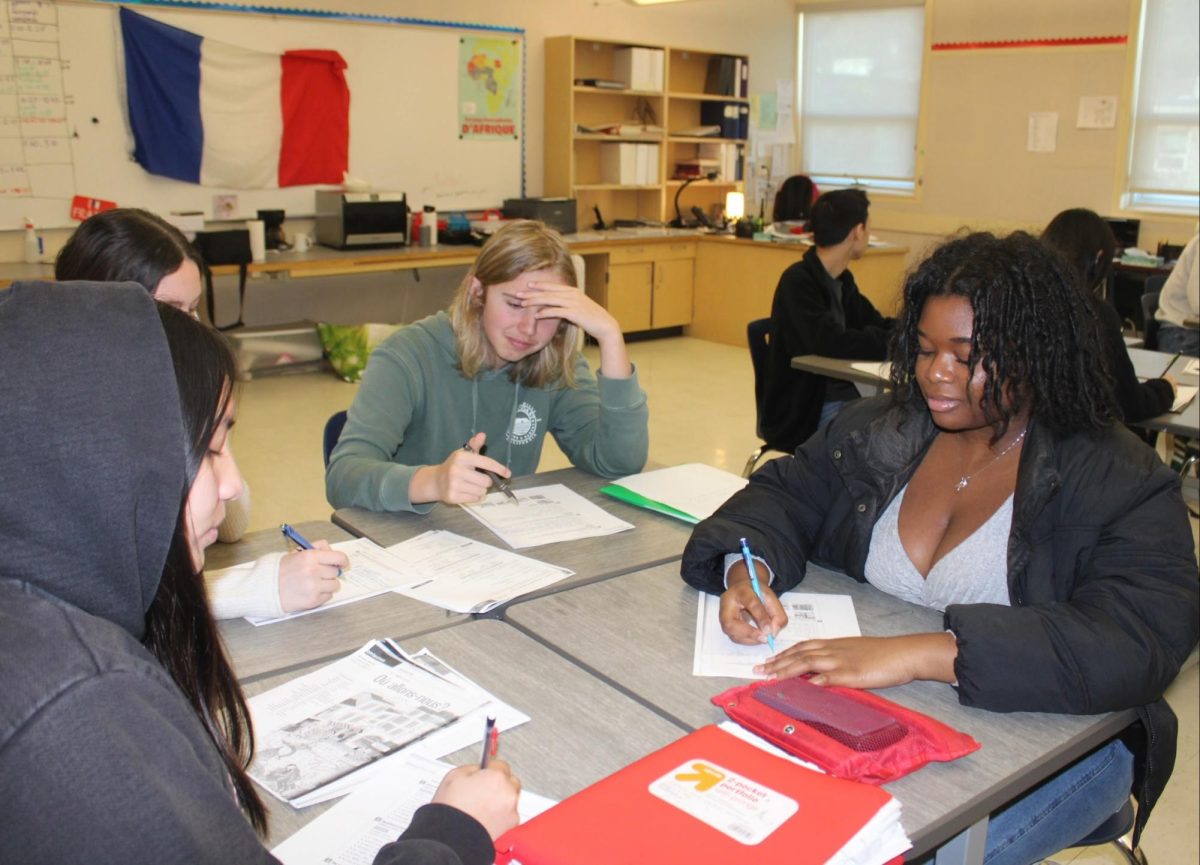


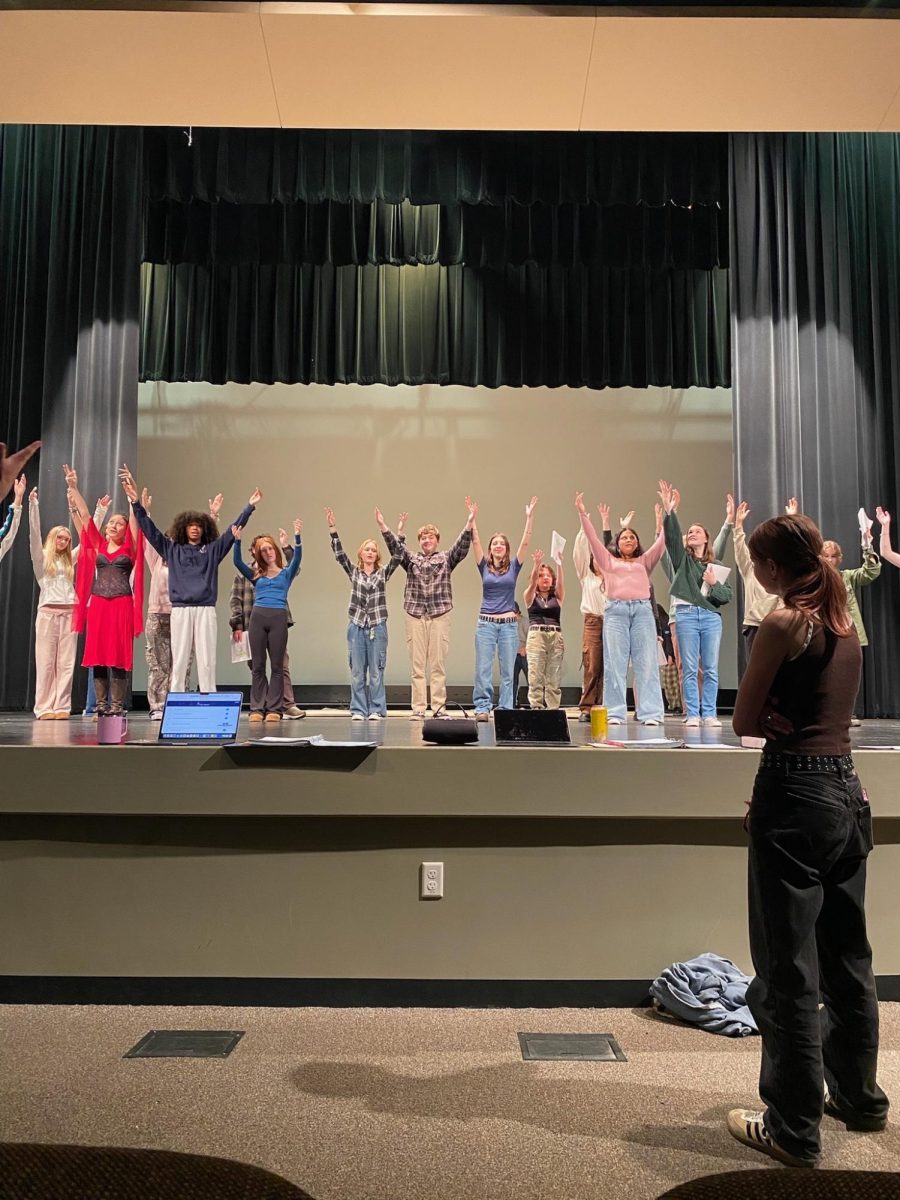




























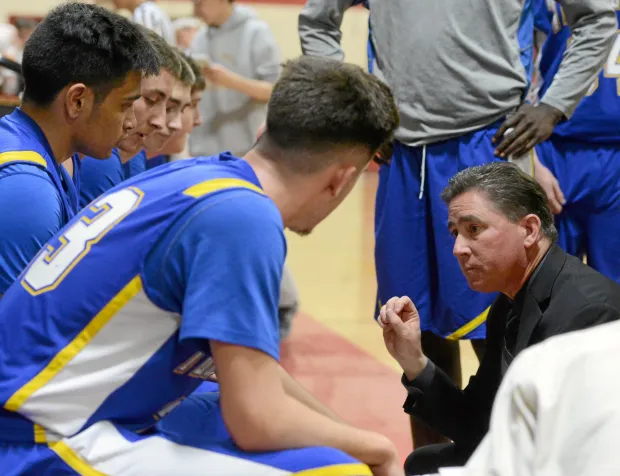


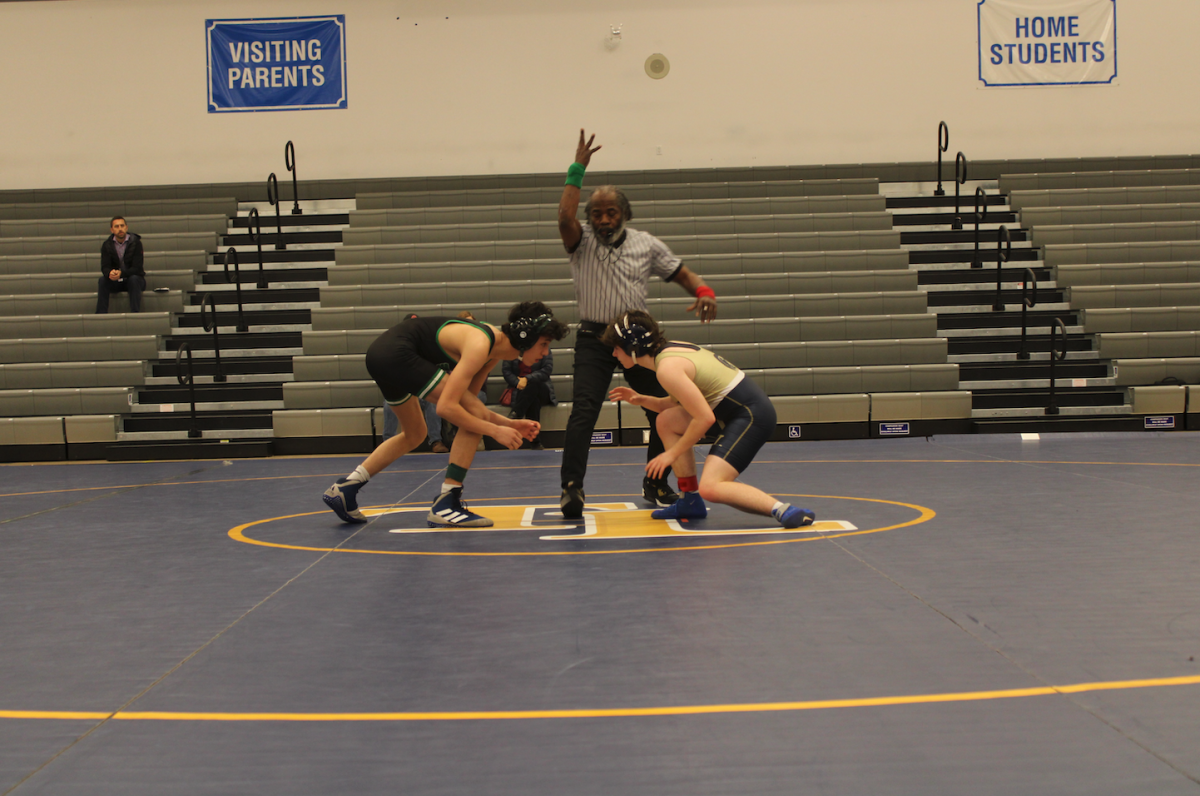


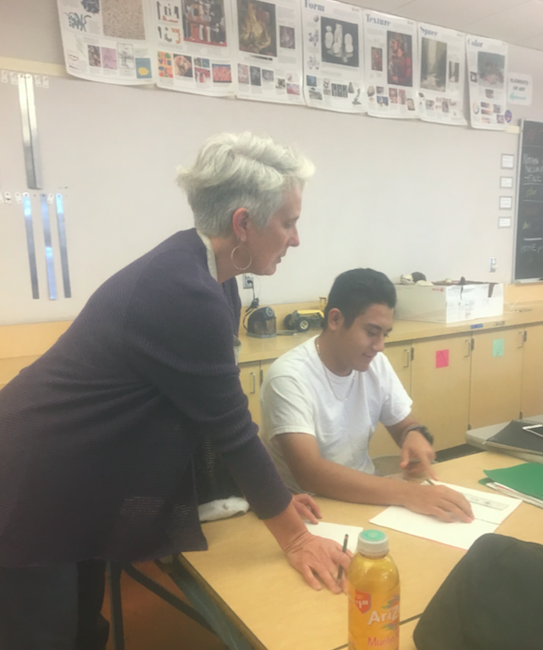
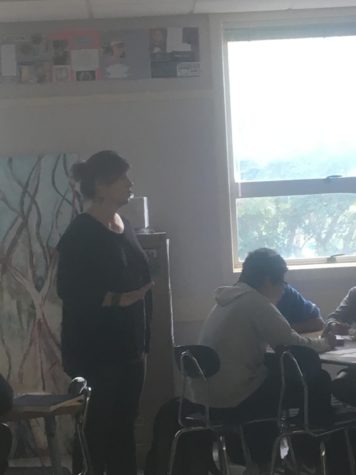




teagen Leonhart • Dec 7, 2017 at 10:44 am
Great job on your article–I think it’s a good reminder for teacher and students alike, and not everyone knows the history you provide. Kudos!